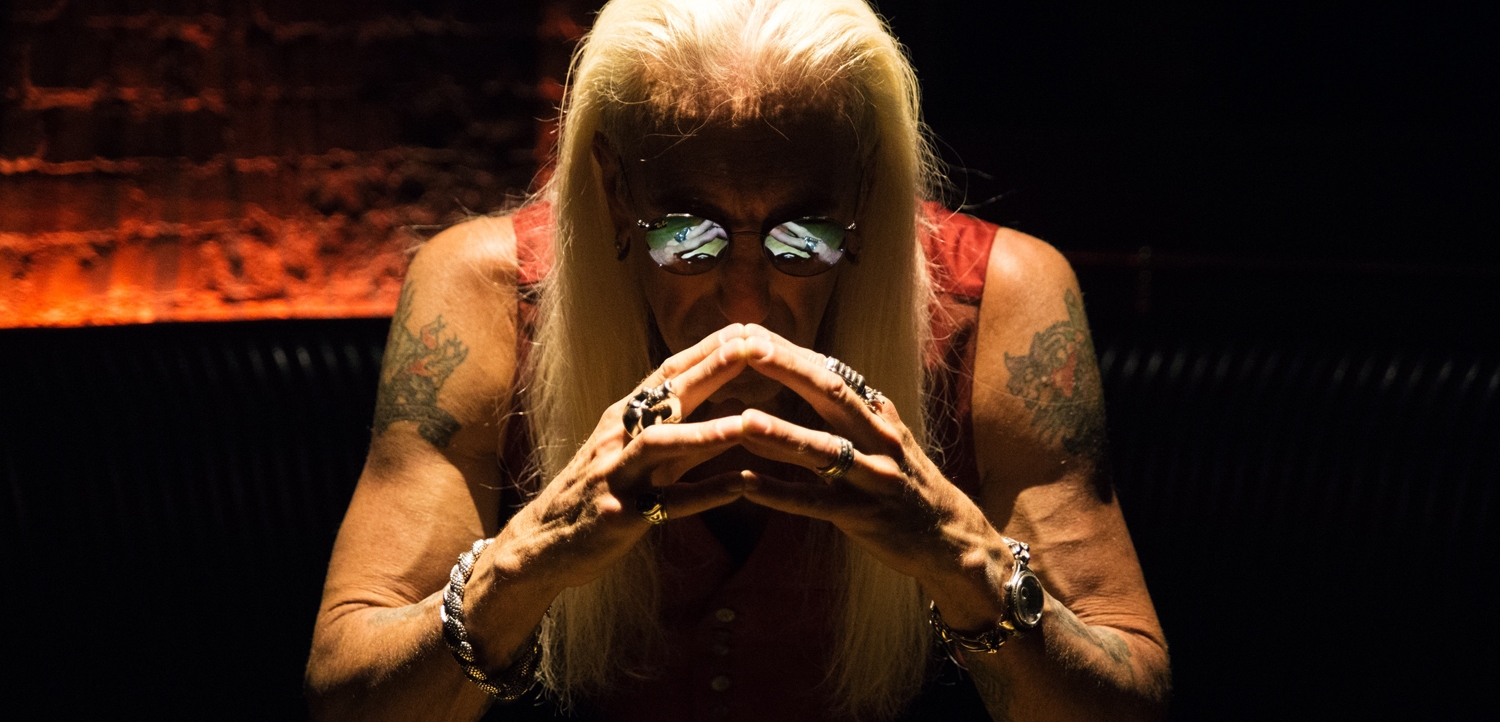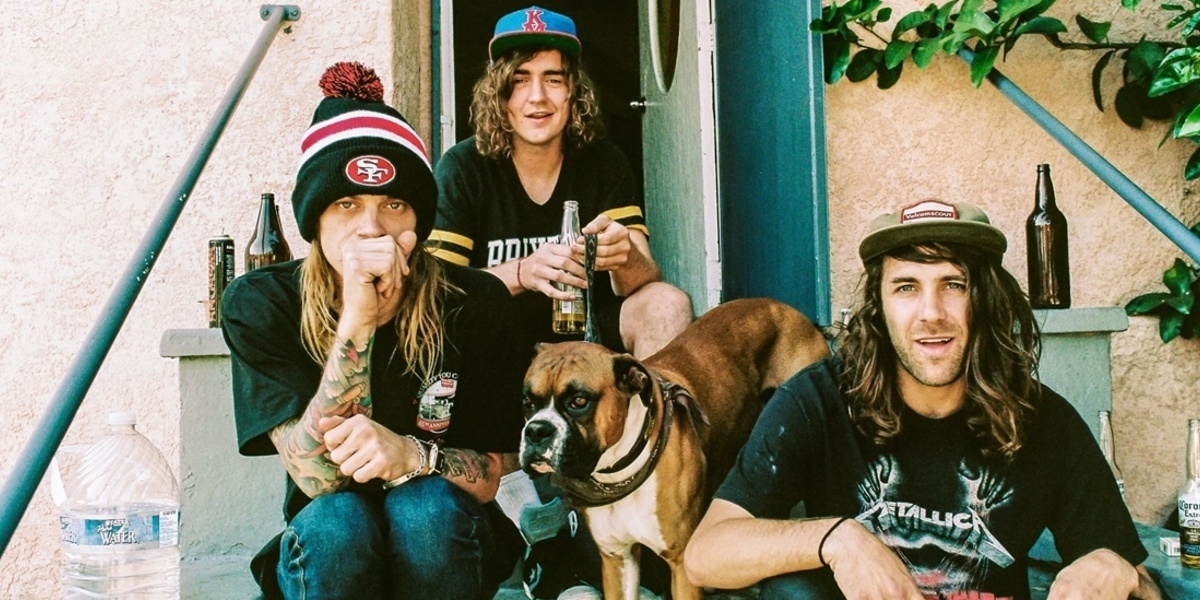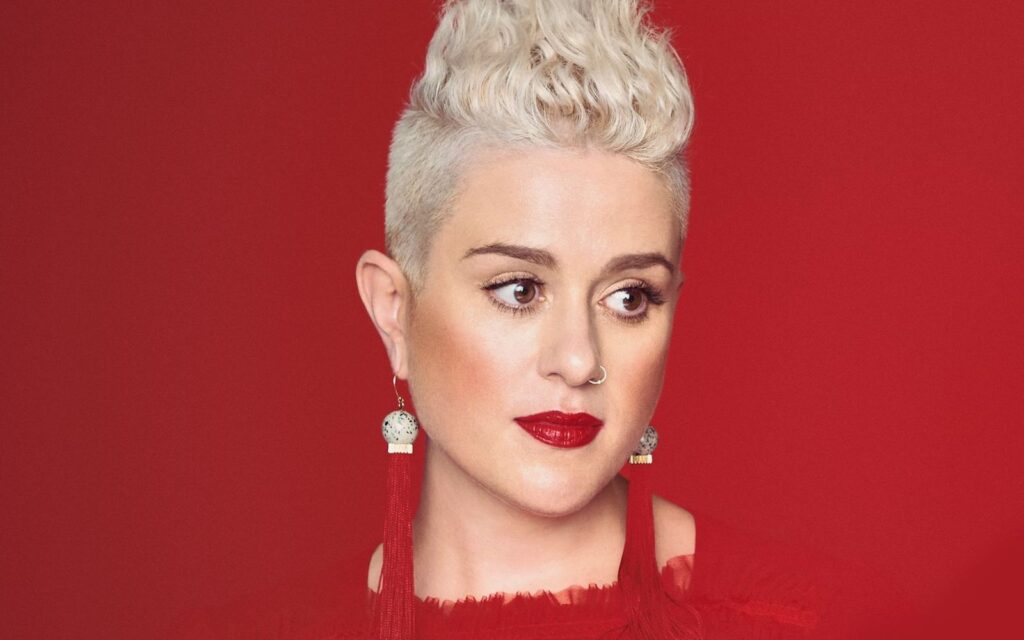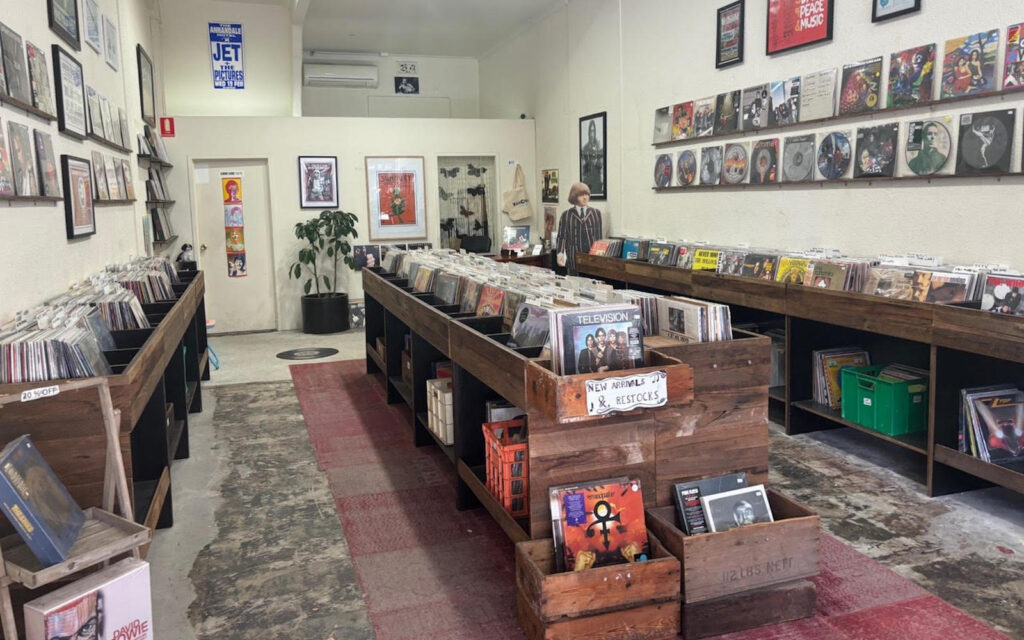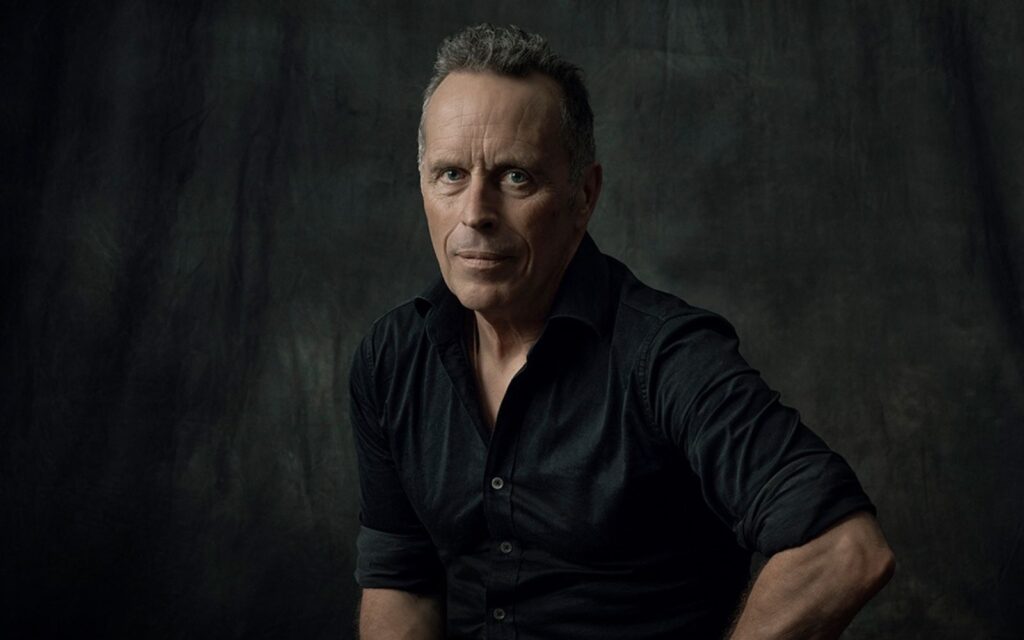The song’s lyrics were carved into school desks, and the band’s name proudly adorned many a hessian school bag. Over 30 years later, and Twisted Sister singer Dee Snider says We’re Not Gonna Take It has morphed into a folk song. “It’s taken on a life of its own. I was writing about my parents, my teachers, my bosses and my peers. And recently it’s been used on a video to fight children’s cancer — and incredibly powerful,” Snider says.
Other uses of the song have been less pleasing. In 2009 Snider was appalled to discover that conservative American politician Paul Ryan had co-opted We’re Not Gonna Take It for an anti-abortion campaign. A strong pro-choice supporter and self-declared feminist, Snider objected to Ryan’s use of the song. Earlier this year Donald Trump, whom Snider was friends with after Snider had a stint on Trump’s Celebrity Apprentice reality television show, asked Snider if he could use the song on his campaign. Snider initially agreed, only to withdraw permission when Trump’s rhetoric and campaign promises became too inflammatory. “When I told him he could use the song I never knew he wanted to build a wall, or to ban a whole religion from entering the country. I don’t believe in those things,” Snider says.
At the height of his fame in the 1980s, Snider was all over the radio and music television, and even appeared before the United States Senate to testify in a hearing instigated by the Parents Music Resource Centre, to investigate the dangerous impact of rock’n’roll on adolescents. With his frizzed blonde hair and sharpened front teeth, Snider looked every inch a conservative parent’s rock’n’roll nightmare. But Snider’s testimony was diligent and reasoned, and the PMRC’s efforts to censor rock’n’roll were diluted into an industry-managed parental advisory scheme for published music.
By 1987 the trappings of fame corrupted Snider. The relationships within his band started to fracture, and the attention of the record-buying public, and by association the music industry, was starting to wane. Even Snider’s wife was tiring of his antics.
“Fame totally corrupted me, totally screwed up my life,” Snider says. “I became a total megalomaniac. But fortunately after losing everything I was able to re-group. It humbled me and forced me to work out what was important in life. And I’m a better man for it.”
Snider repaired his familial relationships, and moved into other artistic pursuits, including writing a film (Strangeland), starting his own radio show, appearing on various television shows, writing a memoir and devoting himself to various social and political causes. “My political views have always been consistent,” Snider says. “I still stand by all the things I said at the Senate. Unlike others I can still go back and say that everything that I said and my beliefs are still the same.”
Snider gradually returned to the public eye and even revived Twisted Sister for a series of reunion shows from the late 1990s through to earlier this year. Snider thought his musical career was in its twilight, until he was invited by his producer and co-songwriter Damon Ranger to write a new solo album, We Are the Ones, Snider’s first since Dee Does Broadway in 2012. “Damon said ‘Dude, the world needs a new Dee Snider record, you need to make music that can meet a broader audience,’ ” he says.
The opportunity to release a new record aligns with Snider’s desire to give voice to the silent majority. “We Are the Ones is speaking to the silent people out there, whether you agree with me or not, saying ‘You need to have your voice heard.’ I wasn’t a supporter of Donald Trump, but I applaud Trump supporters for making their voice heard. I’m ashamed of the people who are apathetic and who allowed others to make decisions for them,” Snider says.
“I’m in a great place these days, economically, emotionally, personally. I’ve now realised that I need to speak up for people who can’t. I can be that loud angry voice for those who don’t have a loud angry voice. I think that’s my purpose.”
By Patrick Emery
